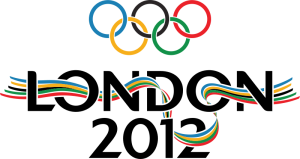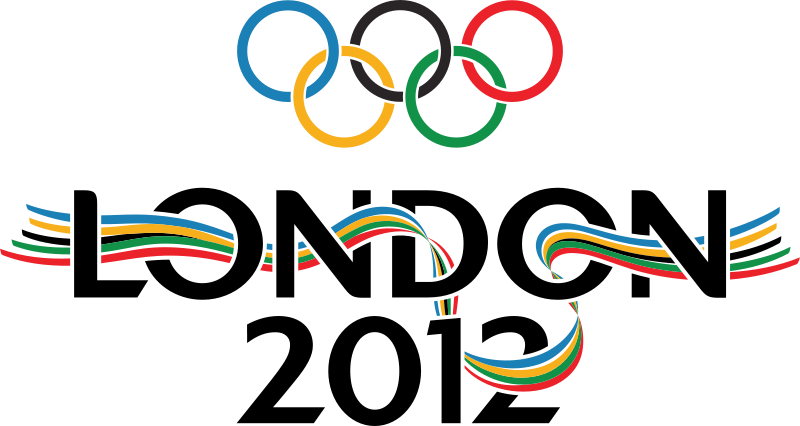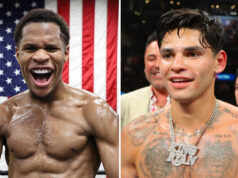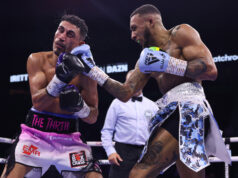If Boxing at the 2012 London Olympics Takes Place, but Nobody Sees It… Did it Really Happen?
Dear reader, may I trouble you with a question? You are a fight fan; if you were not, I doubt you would be reading my column. So, does the idea of watching Olympic boxing leave you yawning, the way it does so many of my fellow lovers of the sweet science?
If you answered “yes,” you are obviously not alone. I can’t even remember the last time broadcast television showed the Olympic boxing tournament in its entirety, and every year the coverage received by Olympic boxing recedes, elbowed aside by the surging popularity of events centered on swimming pools and playing courts. At the 2008 Beijing Games, even most of the fights involving American boxers were not shown on American television except in the wee hours of the morning (which was probably a good thing, given how badly the US Team stank up the joint).
 That leaves me outraged, both as a boxing fan and as a historian. Honestly, how can boxing not be exciting compared to weight lifting and water polo? Also, boxing is one of the original Olympic sports. One would think that simply by using the term “Olympic Games,” the International Olympic Committee (IOC) would have a commitment to focus on the core, traditional Olympic sports at least as much as anything that was new and trendy.
That leaves me outraged, both as a boxing fan and as a historian. Honestly, how can boxing not be exciting compared to weight lifting and water polo? Also, boxing is one of the original Olympic sports. One would think that simply by using the term “Olympic Games,” the International Olympic Committee (IOC) would have a commitment to focus on the core, traditional Olympic sports at least as much as anything that was new and trendy.
Yet it is too easy to say boxing receives such scant coverage because it simply isn’t as popular with the viewing audience as it used to be. Even many boxing fans ignore the Olympics, despite the facts that the event is the springboard for boxing’s rising pros and watching Olympic boxing is free! When your core audience doesn’t care what you are doing, you have a real problem, and the blame for that must rest squarely with the national boxing institutions themselves.
In professional boxing, the name of the game is publicity, and publicity puts butts in the seats. The same applies for amateur boxing, albeit in a slightly different way, because amateur teams of all shapes and sizes need money too. Non-profit organizations, after all, need to raise operating funds.
Yet for all its promotional woes vis-a-vis other sports, the professional establishment understands this much better than even the top level of the international amateur establishment. Proboxing-fans wanted to widen its coverage of the Olympics this year as part of an overall effort to give more attention to international amateur competition. As any pro fighter and his management knows, when a major news website knocks on your door, it’s free publicity and worth whatever time you need to chisel out for it.
This very simple fact seems beyond the comprehension of most of the national boxing teams we contacted, however. After spending months trying to arrange interviews with coaches and the already-seeded fighters from the most prominent national boxing teams, only the U.S. and Irish teams proved willing and cooperative. Responses from the others ranged from contemptuous to confused.
Here we are, trying to do them a favor by hyping their team and giving people reasons to watch them, but they are too busy to return the phone calls, or when they do, they quibble over why a site called “Proboxing-fans” is covering an amateur event! [Editor’s note: Despite our collection of more than 100 stories on amateur boxing in the past two years].
Somehow I don’t think this is the case with well-polished Olympic sports. When a journalist or blogger from a top news outlet contacts a high-platform diving team or a track and field sport, they get cooperation. Yet I get the feeling that if even BBC contacted the British national boxing team or RT contacted the Russian boxing squad and wanted to do an article about Olympic boxing, the response might be tepid… and yet the same people would wonder why no one seems to care about their sport any more.











